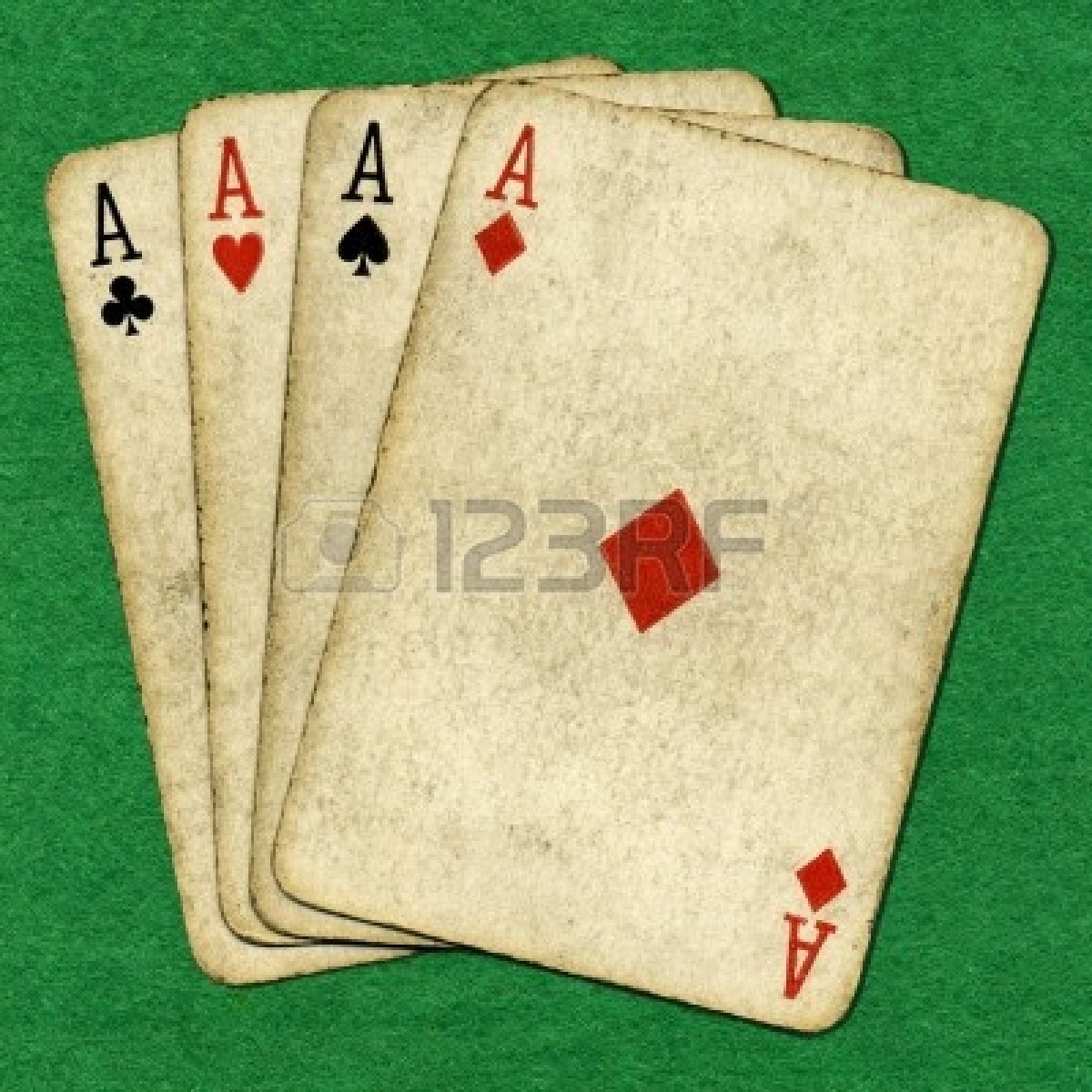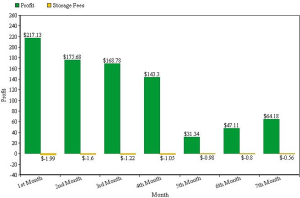
In a poker tournament, everybody is on a level playing field. Everybody starts with the same number of chips and there is only a limited amount of time to play the game. If you go broke, you’re out of the tournament and you can’t buy more chips. You’re done. The person that lasts the longest wins a prize package. In summary, you have to make the most of the chips that are in front of you with the time that you have. So, strategy becomes much more important in a poker tournament compared to a regular game of poker.
Well, a library book sale has very similar qualities to a poker tournament. Everybody is on a level playing field as well. There are only a certain number of books available for purchase. There is a limited amount of time to buy the books, and the prices are the same for everyone. Since a library book sale only occurs once (or twice) a year, you can’t just leave and go to other one. There aren't that many sales to go around. So, you have to make the most of the books that are already in front of you with the time that you have. In short, strategy become much more important at a library book sale compared to day-to-day thrifting.
Here are 5 tips to help you extract the most amount of profit from a library book sale.
1. Choose your Sale Wisely
2. Use a Local Data Base Scouting Tool.
3. Lower your Price Requirement
4. Attend the Book Sale Every Day
5. Expand your Sales Rank Criteria
Choose your Sale Wisely
Going to a booksale does require work. You have to plan. Drive. Wait in line. Buy books for two hours. Drive back home. Process the inventory. So with that being said, choose your sale carefully. Is it an annual sale with $50,000 books? Or is a monthly sale with 1000 books? Is it heavily advertised or is a secret gem with no competition? Given the choice, you should attend an annual sale and/or a sale that is unadvertised. Consider using BookSalesFound.com to and BookSaleFinder.com together to make the best decision.
Use a Local Data Base Scouting Tool
Use a tool where the information in stored on a memory card. Speed is a factor at library book sales and you don’t want to deal with a lagging internet connection. Don’t get me wrong, internet-based scouting tools have their benefits such as accuracy. But in my opinion, they work best in thrift stores or retail stores where time is not necessary a factor. Currently Neatoscan and Asellertool offer local data-based scouting tools.
Attend the Library Sale Everyday
Traditionally, a book sale consists of a preview night for members only (normally you can join at the door); one or two days for the general public; and bargain prices on the final day. If possible, try to attend the sale everyday. Usually, the prices drop every day of the sale, so you can expand your buying range and buy more books. Also, the library staff will sometimes put out fresh books on each day of the sale.
Lower your Price Requirement
Most booksellers have a minimum non-FBA price requirement of $5 or more. Consider going much lower than that and pricing these low value books at an FBA premium. For example, my average merchant fulfilled price for a book last year was $4.45. However, I was able to price these at an average FBA price of $11.11. This will allow you to buy 3-4 times as many books as your competition. See book sale experiment #1 for more information on this strategy.
Expand your Sales Rank
Consider buying books with a sales rank worse than 1 million. Not only will this increase your buying range, but it will provide a nice long term investment plan. Remember, storage fees are dirt cheap – pennies a month. I like to use this chart to illustrate the cost of storage fees. This is a 7-month chart of a book sale that I went to last June. The green represents the profit and the yellow represents the cost of storage. As you can see, the storage fees are very low compared to the profit.
One of my favorite quotes for success goes something like this. “The key to success is seeing value where others don’t”. If you are consistently buying items that your competition is dismissing, you are well on your way to a profitable business. If you have anymore tips, please leave a comment below.
If you would prefer to watch these tips in a video format, you can watch the video below:
Boost Your Library Book Sale Profits
https://www.youtube.com/watch?v=EImdwKUTP2w

Punch in the ISBN number for books without a bar code. A lot of buyers are in such a hurry they pass over anything without a bar code. Steel yourself for the rude, the grabber/hoarders, and the vocalizers (especially in foreign languages). Aggressive buyers will try and push or psych you out. At my first few sales I was so astonished and overwhelmed by what was going on I found very few books.
Hi Mark,
I agree. Some of the most expensive books that I’ve found are those without barcodes.
Excuse my negativity but I personally stopped going to library sales for at least 7 years. Waste of time and money. Between the culled books, hordes of scanners, high sales ranked books, it’s futile. I usually ended up donating most of those books after years of sitting on my shelves. In my opinion, estate sales in upscale neighborhoods is one of your best opportunities for high end, saleable books. Doing garage sales in volume is another good source, also offering the opportunity of picking up other saleable used and new items. I’m sure there’s plenty other sources, but after 8 or 9 years of selling, these two methods work the best for me.
Hi Gene,
Library sales are not for everyone, and I also stopped going for a few years. Just recently, I’ve been going again. Thanks for the tips regarding the estate sales in upscale neighborhoods. What resource do you use to find the estate sales?
I love going to my local Friends of the Library sale, as it is one of the largest in the country. Probably due to the sheer size of it, I’ve always found books to resell, whether on eBay or Amazon. A lot off sellers won’t even go near the textbooks, which makes it much less competitive for me, as I can scan away to my heart’s content.
One tip I would give, esp to those who are selling via eBay or other, non-Amazon channels – look for those non-fiction books with very niche subject matter – e.g. “Our Amish Neighbors. I’ve found those niche type books sell, and most resellers won’t even bother with them. In a similar vein, I’ve had a lot of luck with craft books that cover a very narrow, specialized topic. I love selling those.
I also agree with Mark; take the time to enter the ISBN’s for books that don’t have barcodes. A lot of these niche-type books are older and don’t have barcodes. (Some don’t even have ISBN’s).
Hi Serena,
Thanks for your feedback. That’s a good idea regarding those niche books. I, too, have been starting to buy those. They can take a while to sell, but the price is usually high.
Nathan, in regards to an earlier question of yours, I find my local estate sales by subscribing (for free) to EstateSales.NET. Get updates several times a week via email. Someone may have already mentioned this to you. I find the only drawback to estate sales is all of the great items that I want to buy for my personal use. I am trying to stick with “busim lost within 25 miles of the house. And as someone mentioned earlier, many of the books are in superb condition.
Sorry my earlier comments came out with some of the last lines omitted. Anyway, I try to keep to business purchases only at estate sales. I have been to some great sales every week for the last two months (all found from EstateSales.Net) and I have only attended those within 25 miles from my house.
Thanks! I will check out that website.